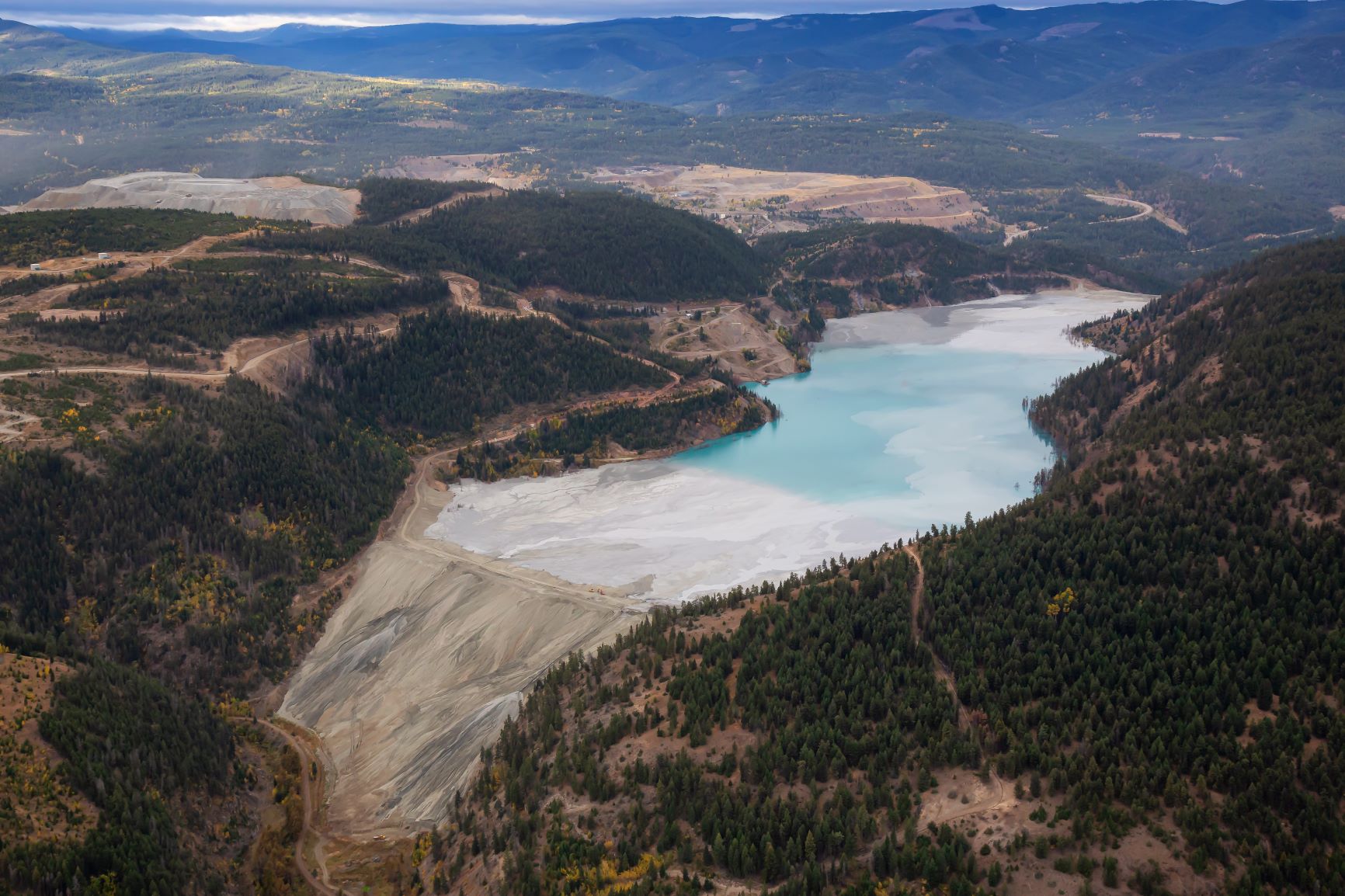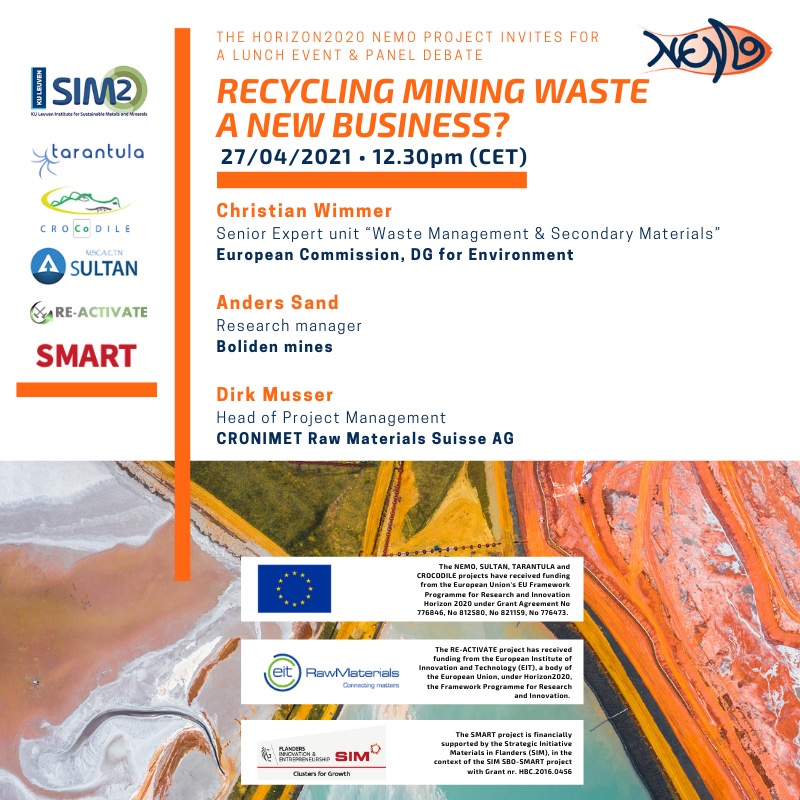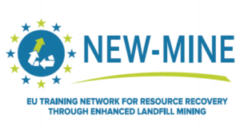Can the recycling of mining waste become a new business? That is the main question to be addressed in the Lunch Event & Debate organised by the Horizon2020 NEMO project. The event aims to present novel solutions for the treatment of mining waste, which comprises the combined recovery of valuables (metals, minerals) with waste volume reduction and impact reduction. Cases from historical and present day mining sites will be presented. The target public comprises stakeholders from industry, academia, government and civil society. With the event, the NEMO project aims to introduce novel concepts to the stakeholders and receive feedback.
Since the earliest days of the Industrial Revolution, the primary mining and metal processing industry has been landfilling and/or stockpiling vast quantities of waste. This waste type, termed “extractive waste”, is considered as one of the largest waste streams in Europe. For present day mining activities, the handling and disposal of waste is regulated by the European extractive waste directive. Depending on the risks posed by the waste produced, specific measures have to be taken for disposal and aftercare.
Sulphidic mining waste
Specific precaution has to be taken for mine tailings produced in the processing of sulphidic ores, as upon oxidation of residual sulphides, acid waters are generated that can result in the release of residual heavy metals to surface and ground waters. Especially in historical mining sites, pre-dating the extractive waste directive, this can cause problems, as these sites in general lack the required environmental protection. Another, very visible risk is posed by failure of dams in present day or historical tailing storage facilities.

Figure 1: Aerial view of Copper Mine Tailing pond in the interior British Columbia, Canada. Source: Shutterstock.
EIP Raw Materials
Against this background, in 2016, the EIP Raw Materials launched a “call to arms” to transform the “extractive-waste problem” into a “resource-recovery opportunity”, as “mining waste” still contains valuable and critical metals. Major challenges exist, however, as the volumes are enormous and as in most cases the residual metal value is (much) too low to have an economic case to motivate the reprocessing.
Solutions thus need to consider other factors – apart from metal value recovery – that can help driving a favourable business case for reprocessing. If, for example, apart from metals, also the mineral fraction can be valorised, which composes the bulk of the waste, only a limited fraction of the waste has to be re-landfilled.
Other factors contributing to the business case are the need (or obligation) to reduce the environmental impact of the waste, the risk of tailing dam failure, and landfilling quota. Lastly, re-processing of tailings to strongly reduce the volume of waste deposited, to reduce the environmental impact or to eliminate the risk of dam failure, can also improve relations with local communities or the so-called Social Licence to Operate (SLO).
Lunch event & debate event
In order to help addressing these questions, the Horizon2020 NEMO project invites for the lunch event & debate “Recycling mining waste – a new business?” Three experts will present their views, covering distinct studies. During the debate they will answer your questions. Cases from both historical mining and present day mines sites will be presented. The session targets a non-technical public.
Registration
The on-line (Zoom) event is organised on April 27, 2021, 12.30-13.30 pm CET. Participation is free but registration is mandatory. Registration link here
Speakers
- Christian Wimmer: Senior Expert in the unit “Waste Management & Secondary Materials” at the European Commission, Directorate General for Environment. Mr Wimmer will address opportunities and challenges in the recovery of secondary raw materials from extractive waste based on his experience with the implementation of the Extractive Waste Directive and related Horizon2020 projects. Presentation here: Christian Wimmer
- Dirk Musser: Head of Project Management at CRONIMET Raw Materials Suisse AG, will present the experience of Cronimet in the field of mining waste recycling. Different examples will be given, including the treatment of slag dumps in the US. Presentation here: Dirk Musser
- Anders Sand. Holds a D.Sc. degree in Chemical Engineering and is Docent in Mineral Processing. He has about 15 years’ experience in senior academic and corporate positions in the mining industry, with the main field of expertise in process technology. He will present experiences and opportunities at Boliden in terms of reprocessing historic tailings and extracting valuable by-products from waste streams. Presentation here: Anders Sand
Agenda and intro here: NEMO launch event
Inviting projects
- NEMO – https://h2020-nemo.eu/
- SULTAN – https://etn-sultan.eu/
- Tarantula – https://h2020-tarantula.eu/
- Crocodile – https://h2020-crocodile.eu/
- Reactivate – http://www.re-activate.eu/project/
- SMART – https://www.sim-flanders.be/research-program/mares
Acknowledgments
The Nemo, Sultan, Tarantula and Crocodile projects have received funding from the European Union's EU Framework Programme for Research and Innovation Horizon 2020 under Grant Agreement No 776846, No 812580, No 821159, No 776473. The re-activate project has received funding from the European Institute of Innovation and Technology (EIT), a body of the European Union, under Horizon2020, the Framework Programme for Research and Innovation. The SMART project is financially supported by the Strategic Initiative Materials in Flanders (SIM), in the context of the SIM SBO-SMART with Grant nr. HBC.2016.0456.



